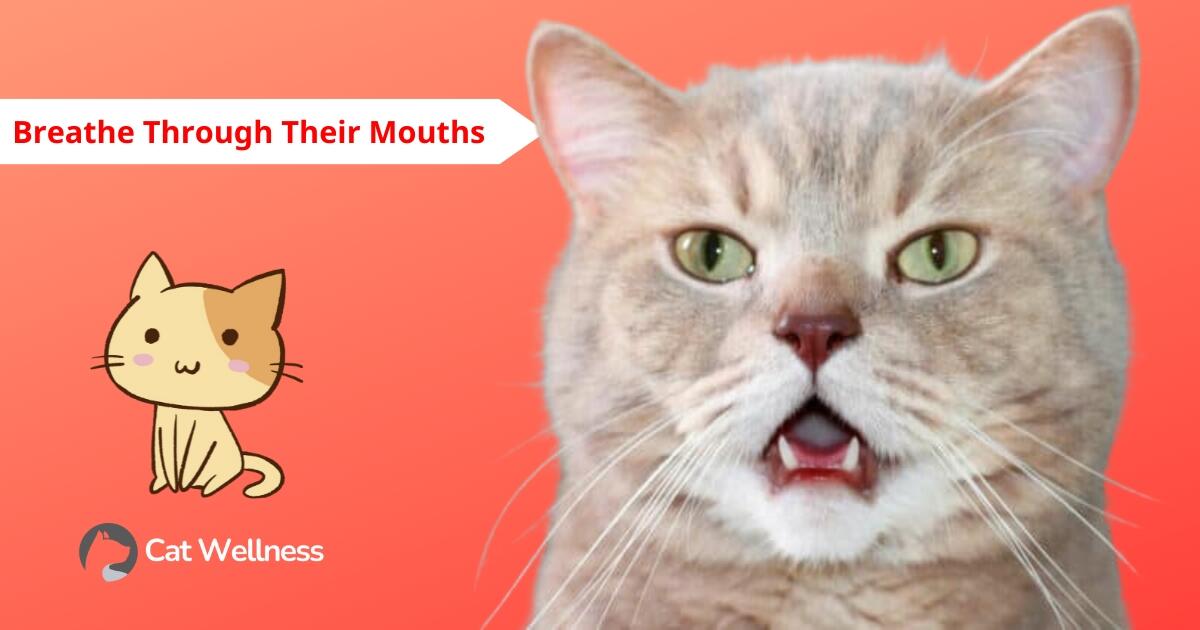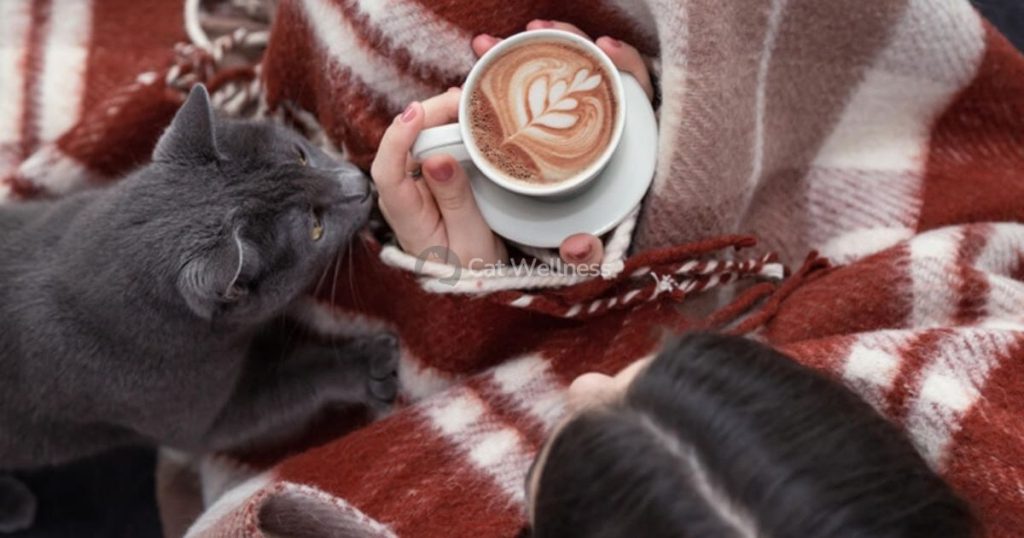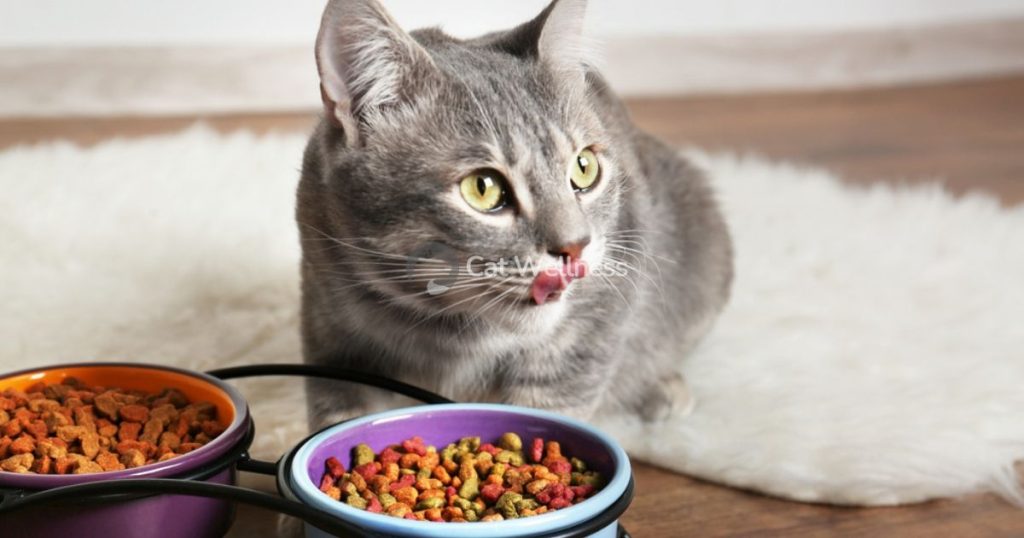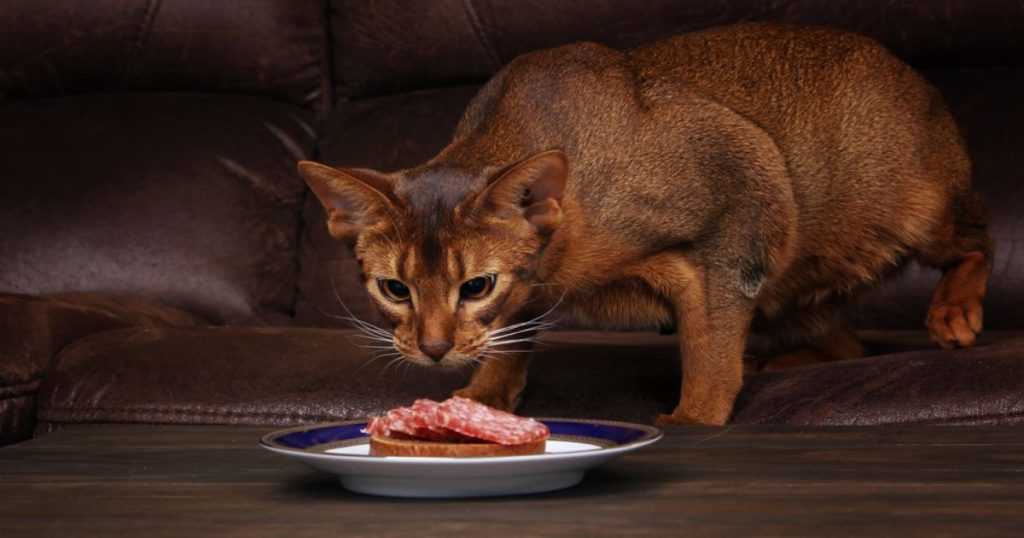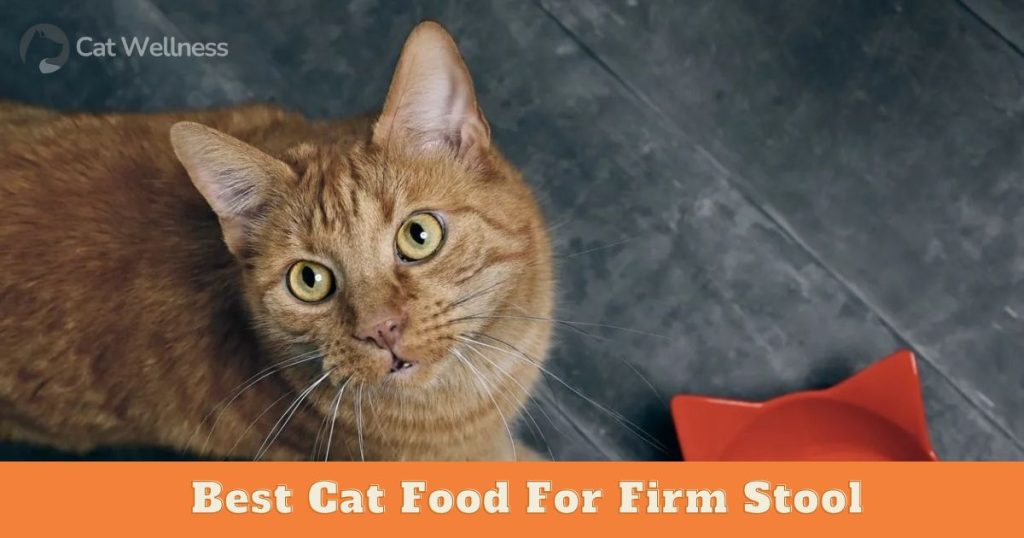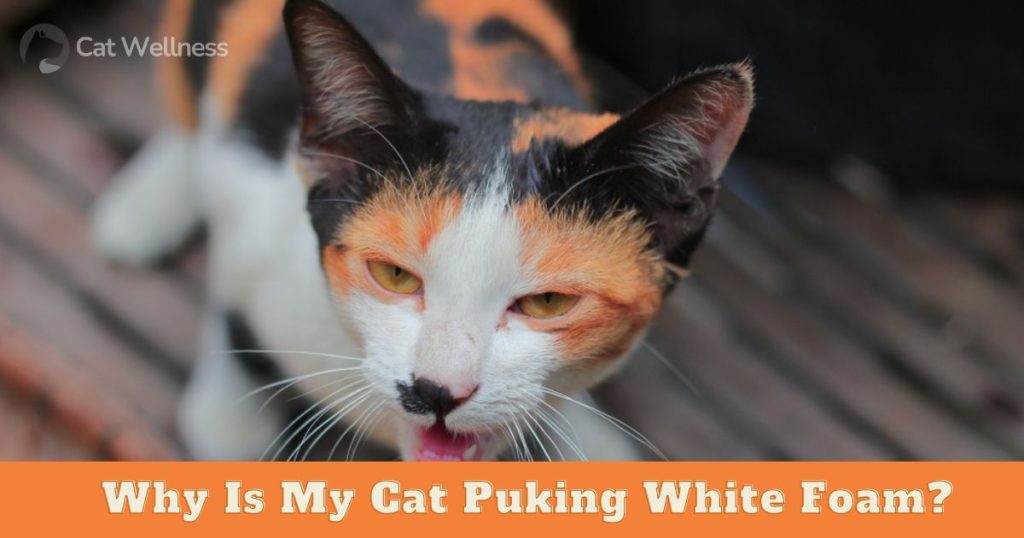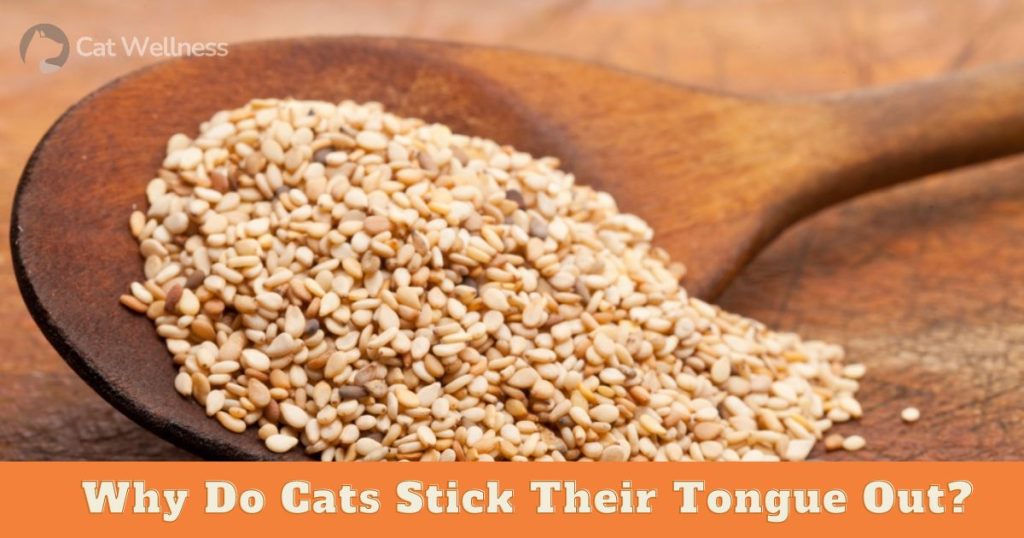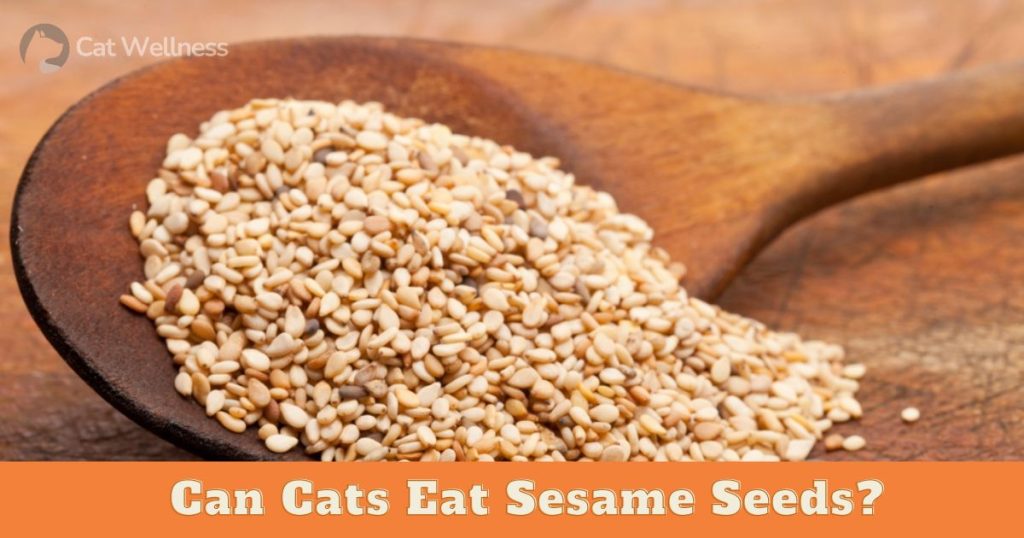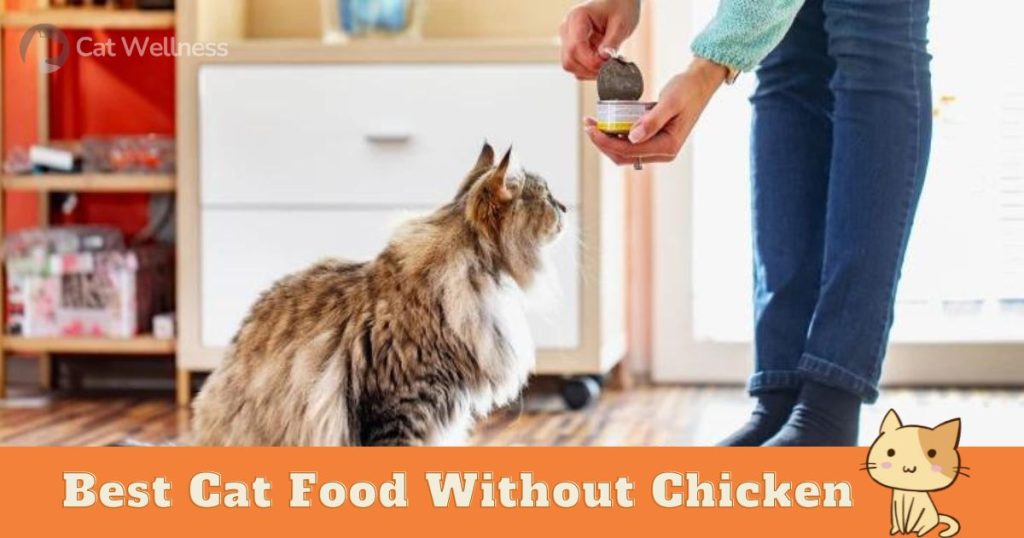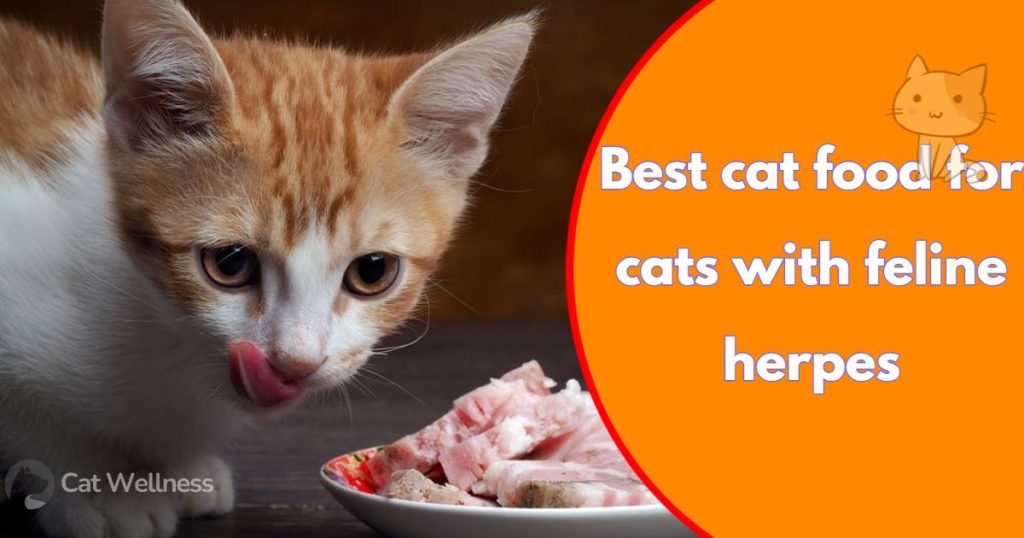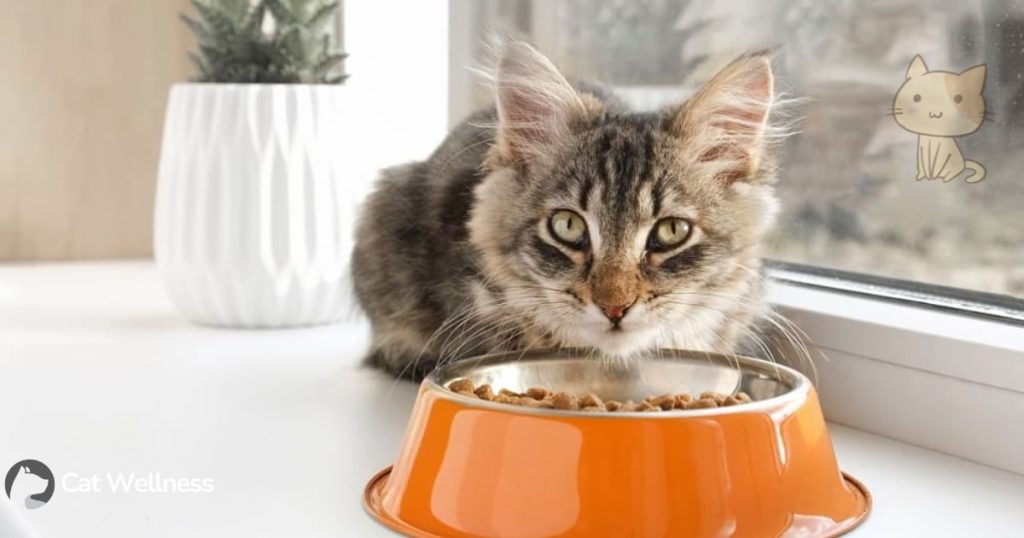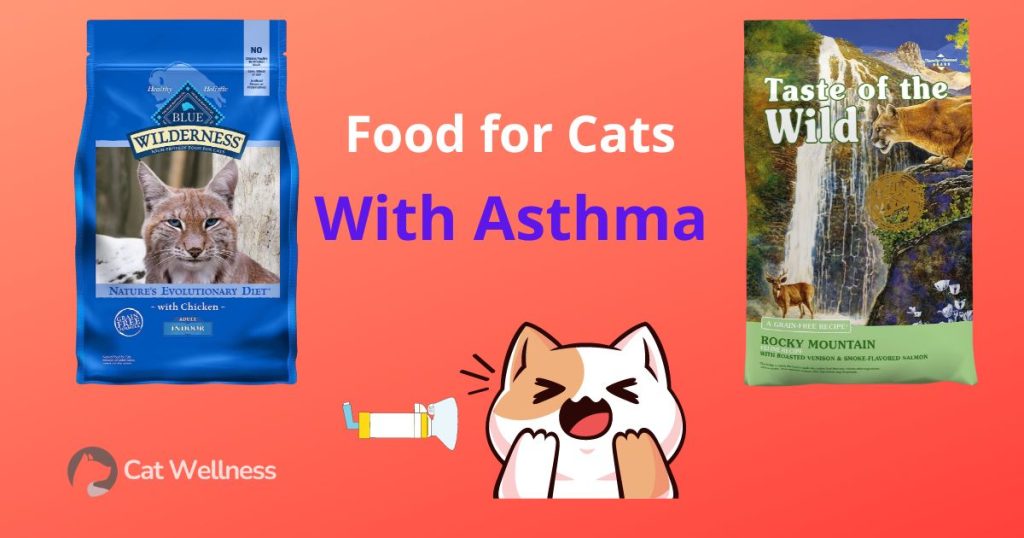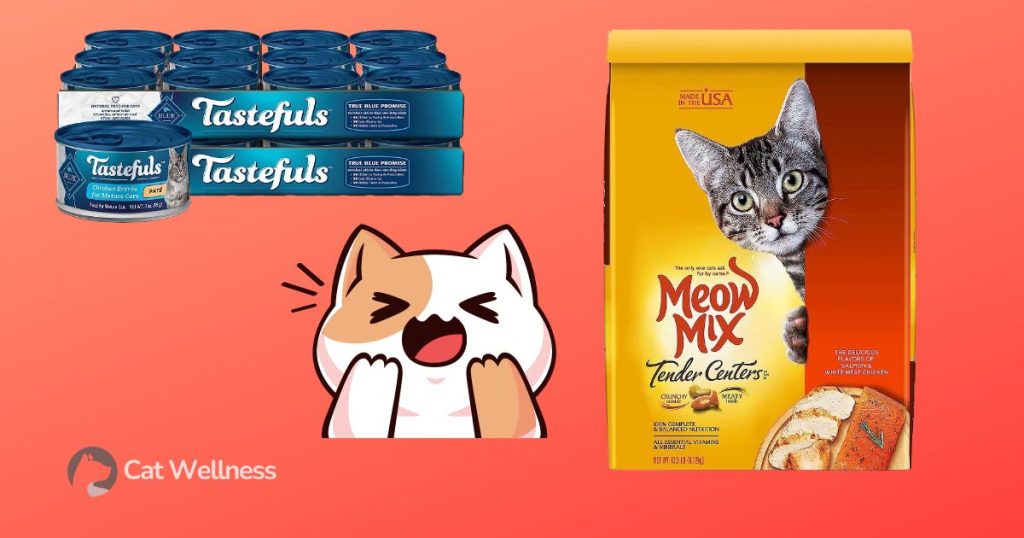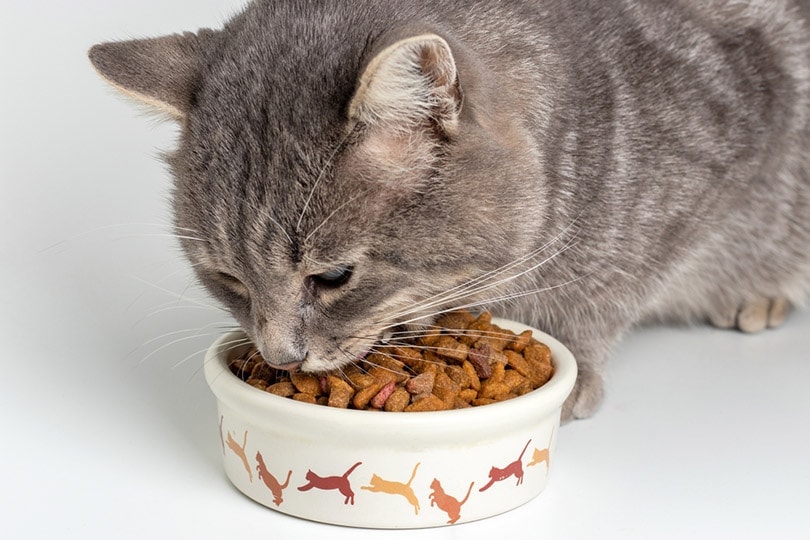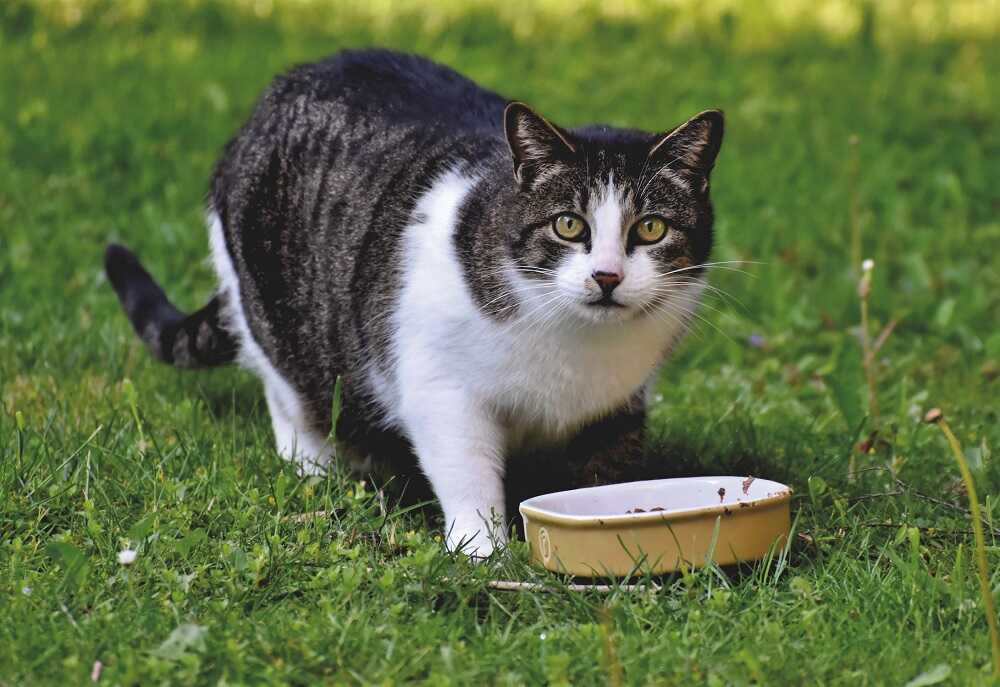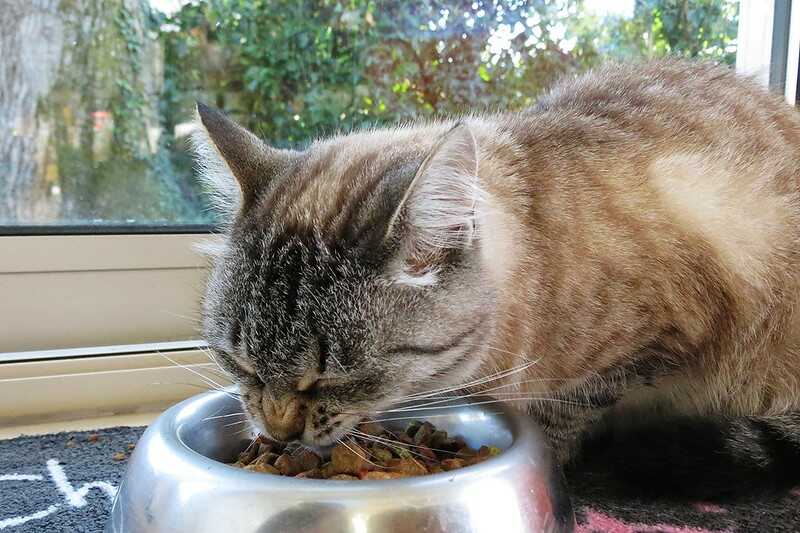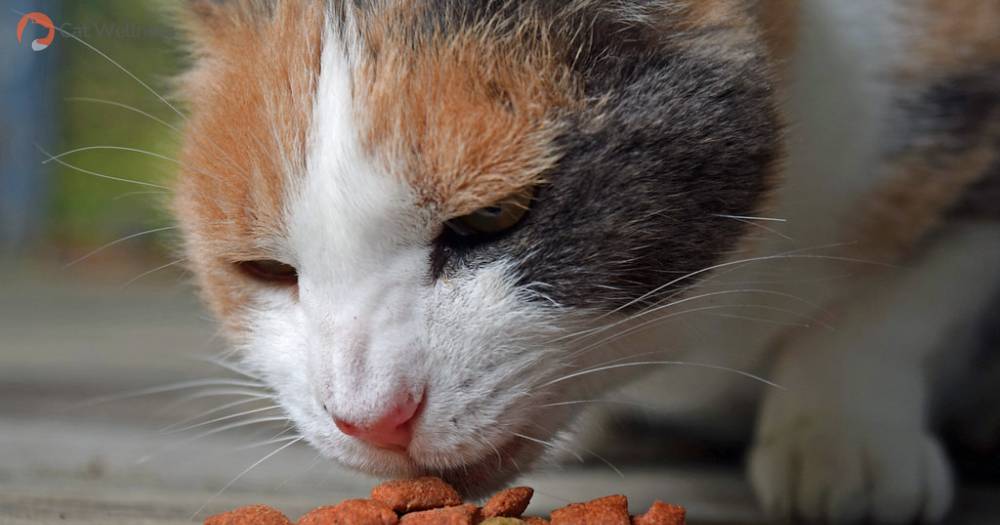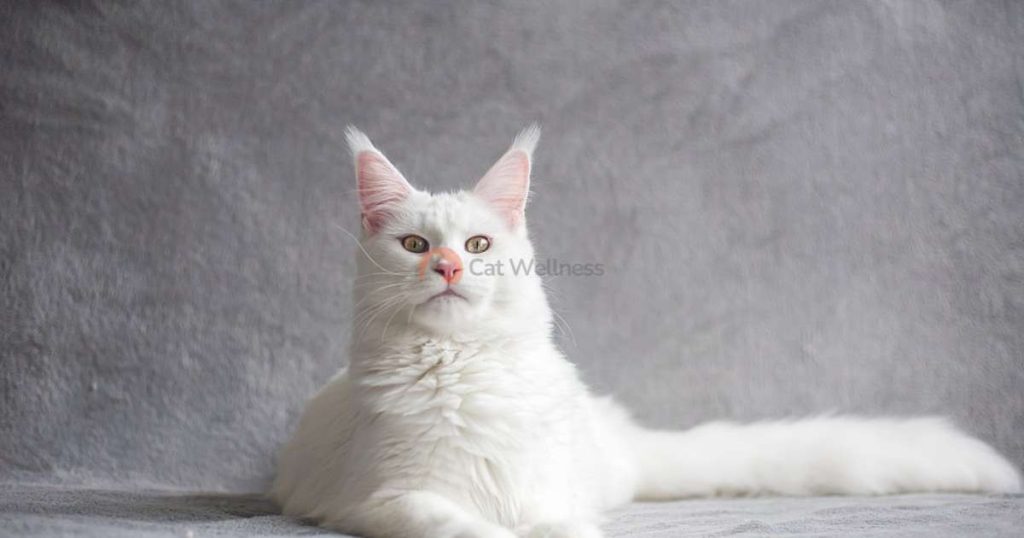Have you ever caught your feline friend breathing through their mouth and wondered if that’s normal? It certainly can feel alarming, especially since cats prefer inhaling and exhaling through their noses.
This article will explore and clarify the truth behind an uncommon cat behavior, so you can identify when it may be a cause for concern.
Stay tuned to learn more about the fascinating and mysterious breathing patterns of our feline companions!
Can Cats Breathe Through Their Mouths?
“Yes, cats can breathe through their mouths, but it is not their preferred breathing method.”
Normal Breathing in Cats
In general, cats are creatures of stealth and efficiency – a trait that extends to their breathing patterns. A healthy cat typically breathes quietly through its nose, almost invisible to the human ear.
The mannerism stems from their instinctive need to stay quiet for hunting and survival in the wild. This nasal breathing ensures that odors entering their nostrils are dissected by an intricate olfactory system, allowing them to pick up subtle scent cues in their surroundings.
Cases When Cats May Breathe Through Their Mouths
While cats primarily breathe through their noses, there are certain occasions when they may resort to breathing through their mouths. One typical instance is during hot weather or when they have engaged in strenuous physical activity, causing them to pant with their mouths open.
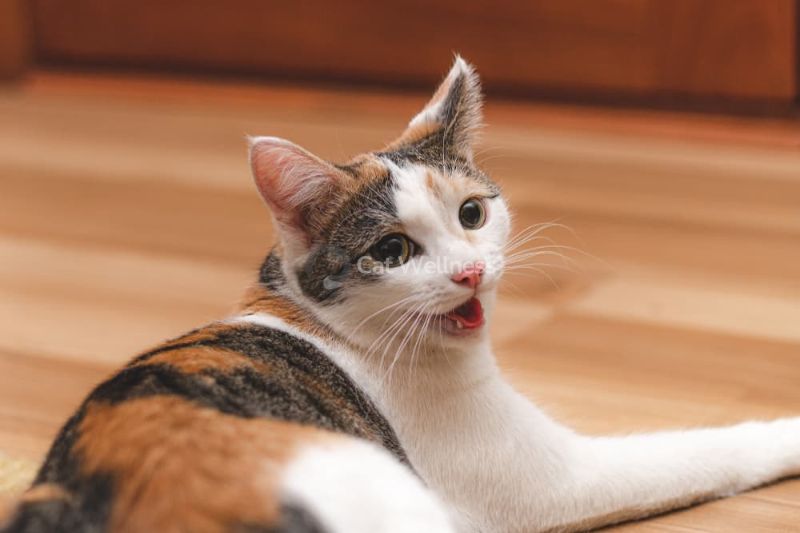
Cats do not sweat as humans do, so panting helps them cool down by releasing heat from their bodies. Additionally, stress can also lead to mouth breathing in cats. When cats feel anxious or fearful, they may exhibit open-mouth breathing to respond to the heightened emotional state.
Related Post: Why Do Stray Cats Cry At Night?
Warning Signs of Mouth Breathing in Cats
Mouth breathing in cats can cause concern and may indicate underlying health issues such as panting and heavy breathing, foreign objects in the throat, respiratory infections or illnesses, heatstroke and overheating.
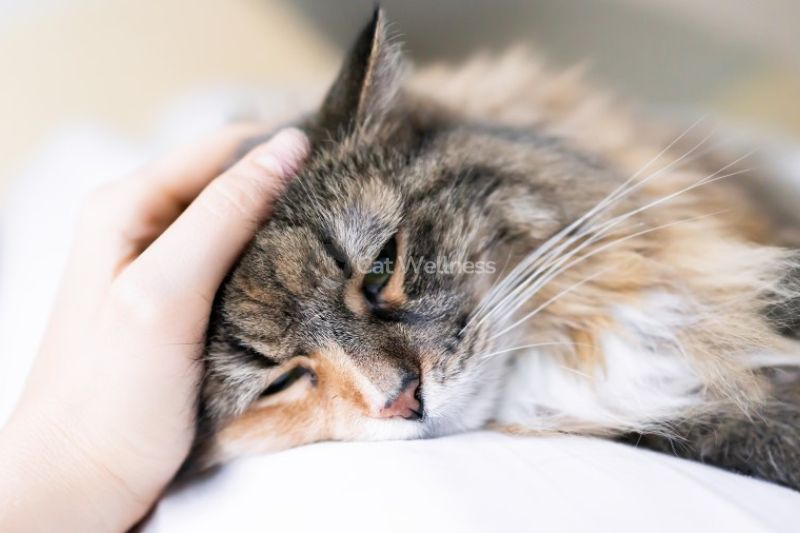
Panting and Heavy Breathing
Panting and heavy breathing are warning signs of respiratory distress in cats. While panting is normal for dogs, it is not typical for cats and should be taken seriously.
Cats may pant or breathe heavily with their mouths open when overheating, stressed, or engaging in vigorous exercise.
If your cat is panting persistently or severely, it could indicate health problems such as heart disease or respiratory infection. It’s essential to keep a close eye on your cat and seek veterinary care if the panting becomes frequent or is accompanied by other distressing symptoms.
Watch the video explaining the difference between normal panting and a possible sign of pathology:
Presence of Foreign Objects in The Throat
Foreign objects in the throat can seriously threaten a cat’s breathing. When cats sniff, explore, or play with small things, they risk inhaling or swallowing them accidentally.
This can lead to choking or obstructing their airway, causing distress and difficulty in breathing. Cat owners must be vigilant and keep small items like toys, buttons, or strings out of reach from curious felines.
If you suspect your cat has swallowed a foreign object and is exhibiting open-mouth breathing or signs of distress, seek immediate veterinary attention to prevent further complications.
Respiratory Infections and illnesses
Respiratory infections and illnesses can contribute to mouth breathing in cats. Various factors, including viruses, bacteria, or allergens, can cause these conditions.
Some common respiratory infections and diseases that may lead to open-mouth breathing in cats include:
1. Upper Respiratory Infections (URIs):
URIs are highly contagious viral or bacterial infections that affect cats’ noses, throats, and sinuses. Symptoms of URIs include sneezing, nasal discharge, congestion, and difficulty breathing through the nose.
2. Feline Asthma:
Feline asthma is a chronic inflammation of the airways in cats, leading to the narrowing of the passages and difficulty breathing. Cats with asthma may exhibit open-mouth breathing during episodes of coughing or wheezing.
3. Pneumonia:
Pneumonia is a lung infection resulting from viral, bacterial, or fungal organisms. It causes inflammation and fluid buildup in the lungs, leading to breathing difficulties and potentially open-mouth breathing.
4. Allergies:
Cats can develop allergies to substances such as pollen, dust mites, or certain foods. Allergic reactions can cause inflammation in the respiratory system and fast open-mouth breathing as a response to restricted airflow.
5. Sinus Infections:
Sinus infections may occur when bacteria invade the nasal passages and sinus cavities. This can lead to congestion and blockage of normal airflow through the nose, causing cats to breathe through their mouths.
Heatstroke and Overheating
Heatstroke and overheating can be serious concerns for cats, leading to open-mouth breathing. Cats are highly susceptible to heat-related illnesses due to their limited ability to regulate body temperature efficiently.
When exposed to high temperatures or excessive heat, cats may pant and breathe through their mouths to dissipate heat. This behavior helps them cool down by releasing hot air from their bodies.
Should provide a relaxed environment, access to fresh water, and avoiding exposure to extreme heat can help prevent such situations for our furry friends.
How to Help Cats Breathe Better
To help cats breathe better, avoid using products with strong scents, provide a clean and well-ventilated environment, and ensure they stay adequately hydrated.
Avoid Excessive Use of Products with Strong Scents
Using products with strong scents can be overwhelming for cats, especially those prone to respiratory issues. Cats have a highly sensitive sense of smell, and overpowering fragrances can irritate their nasal passages and airways.
This irritation can lead to difficulty breathing and discomfort for your feline friend.
Be mindful of the scented products you use in your home, such as air fresheners, candles, cleaning agents, and perfumes or colognes. Opt for unscented or lightly scented alternatives that won’t overwhelm your cat’s delicate respiratory system.
Provide A Clean and Well-Ventilated Environment
Keeping your cat in a clean and well-ventilated environment is essential for their overall respiratory health.
Regularly clean their litter box and ensure proper ventilation by opening windows or using air purifiers to reduce dust and allergens. Clean and fresh living space will help your cat breathe more accessible and minimize the risk of respiratory issues.
Ensure Proper Hydration for Cats
Proper hydration is essential for maintaining the overall health and well-being of cats. Just like humans, cats need to drink enough water to stay hydrated. Dehydration can lead to various health issues, including respiratory problems.
Cats rely on adequate moisture intake to keep their nasal passages moist and functioning correctly. This helps prevent blockages or irritations leading to open-mouth breathing or other respiratory distress symptoms.
Providing fresh and clean water in easily accessible bowls throughout your home can help ensure your cat stays hydrated and maintains a healthy respiratory system.
Final Thoughts
In conclusion, while cats are physically capable of breathing through their mouths, it is not their natural or preferred method. Open-mouth breathing in cats should be a warning sign of underlying health issues such as stress or respiratory distress.
Cat owners should pay attention to these signs and seek veterinary attention if necessary to ensure the well-being of their feline companions.
We hope this article will be helpful to you!
Recommended Reading

